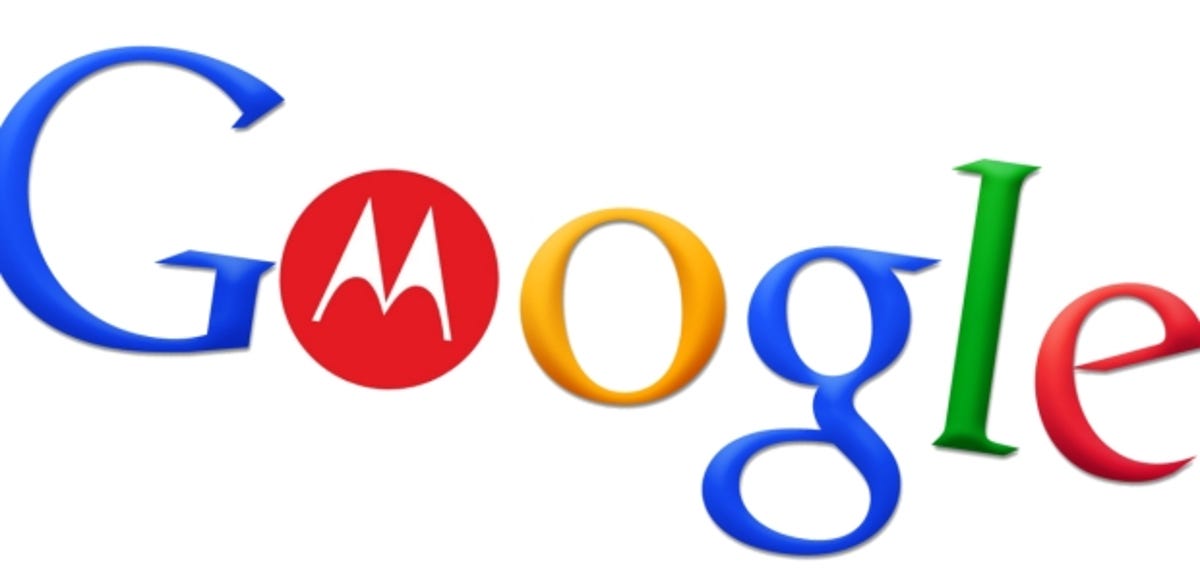
Google has bought Motorola Mobility, for $12.5bn — about £7.6bn. Mobility is the part of Motorola that makes phones. Google says the acquisition will “supercharge” Android.
Motorola is certainly no stranger to Google’s mobile OS. It’s the company behind devices such as the Motorola Milestone and the first Honeycomb tablet, the Motorola Xoom. So the purchase does make a degree of sense.
Breaking the news in a blog post, Google CEO Larry Page said, “Together, we will create amazing user experiences that supercharge the entire Android ecosystem for the benefit of consumers, partners and developers everywhere.”
Sounds adorable. But Motorola has never actually made a truly must-have Android gadget — could there be another reason behind Google buying Motorola Mobility?
Patent palava
Google’s Android operating system has recently come under attack from other companies such as Apple, which claims the robot-powered OS infringes on its patents. As Page notes in his blog post, in acquiring Motorola, Google will add a whole slew of patents to its roster, giving it legal ammunition in the fight against Android’s enemies.
“This acquisition is primarily about acquiring Motorola’s sizeable patent portfolio,” reckons Nick Dillon, devices and platforms analyst at Ovum.
“The move raises concerns for Android handset manufacturers,” Dillon adds, “as the acquisition will mean that Google will move from being a software provider to become a hardware vendor.”
Android rift?
That means Google will likely be pushing out products that are in direct competition with its Android partners — companies such as Samsung and LG. “If Google provides preferential access to the Android code to its own hardware division, this would place other vendors at a disadvantage and may lead them to question their commitment to the platform, potentially pushing some towards other platforms,” Dillon said.
In other words, if Motorola is seen to get too much special treatment from Google, it could cause a rift among companies that build Android devices.
Google has gone as far as collecting quotes from the CEOs of Android-lovin’ companies to show that there’s no ill feeling harboured. HTC CEO Peter Chou said the acquisition “demonstrates that Google is deeply committed to defending Android, its partners, and the entire ecosystem”. Big cheeses from other companies echoed the sentiment.
The purchase, which is likely to be completed by the end of 2011 or early 2012, means we may see Google-branded Android phones and tablets built by Motorola coming out before too long. That has happened before — the Google Nexus One was built by HTC, and the Nexus S was constructed by Samsung.
What are your thoughts? Let us know what you think of the purchase and what it means for other companies in the comments below, or on our Facebook page.



